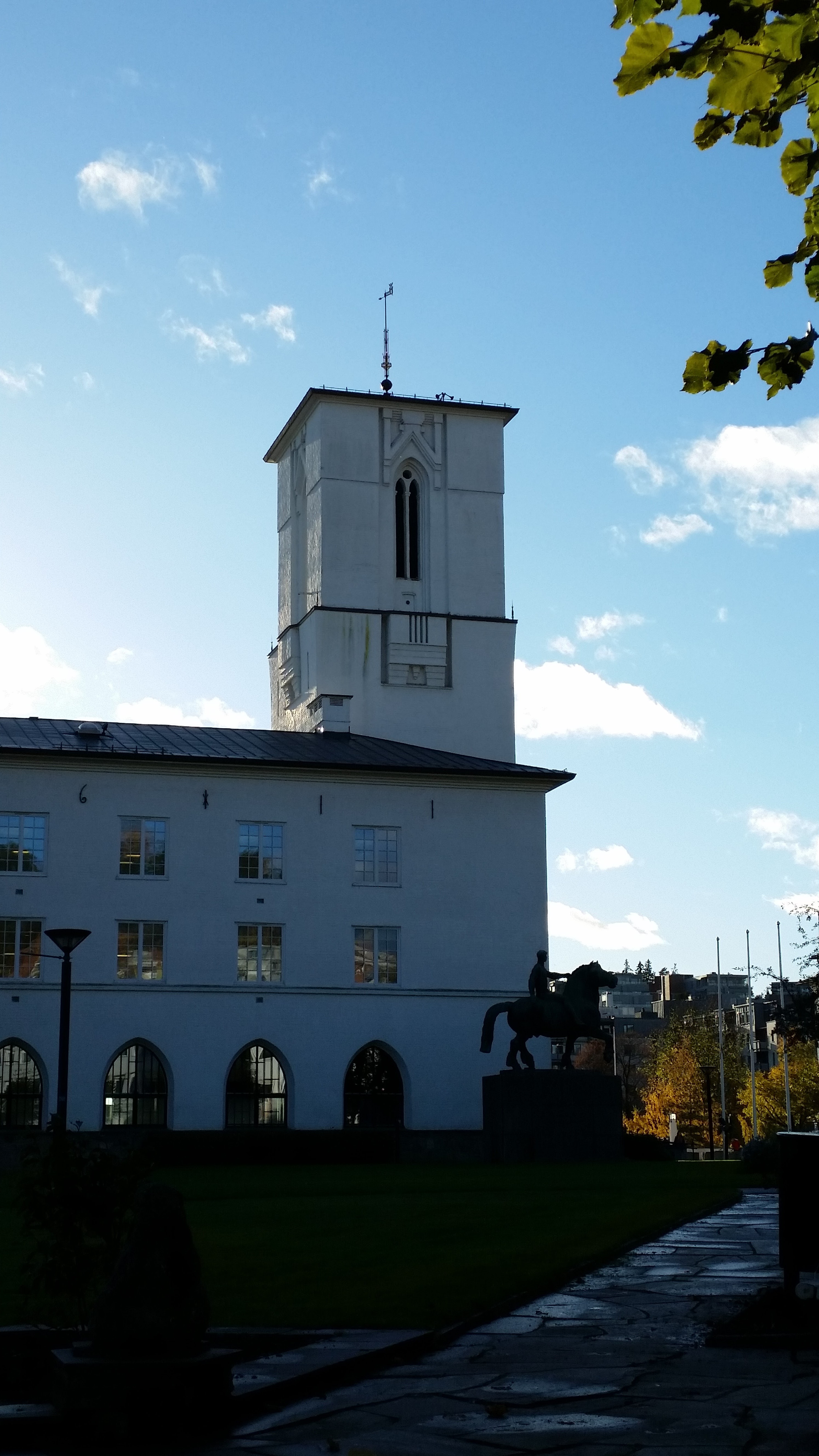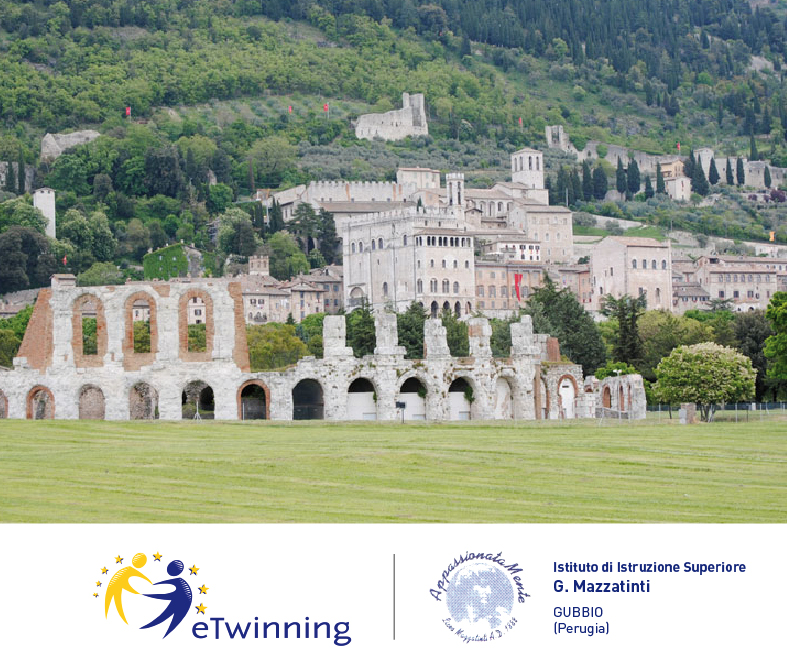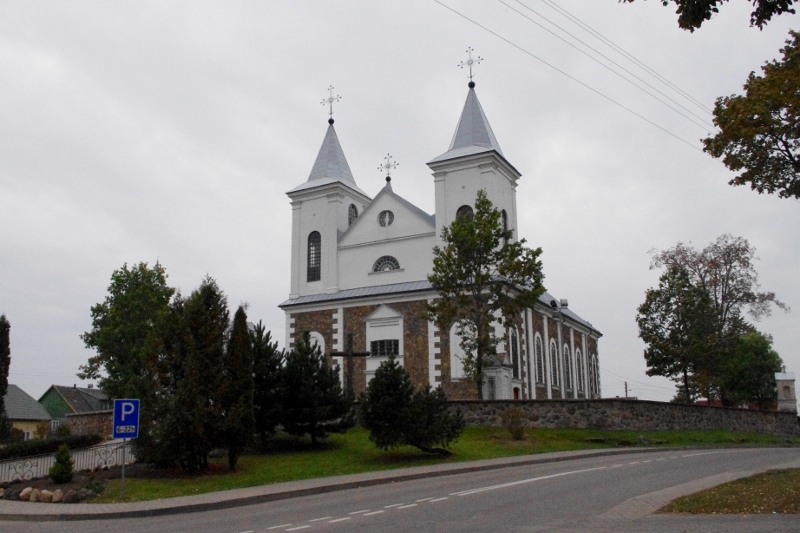CODOGNO I T A L Y
Codogno is a small town in the north of Italy near Milan. It’s in the Po Valley in Lombardy between Piacenza and Lodi. The climate isn’t comfortable because in summer it’s very hot… The temperature reaches 38°, you have to jump in a swimming pool, fortunately, there’s one in my city! In winter it’s very cold and sometimes in December or January it snows… It looks like a fairyland. In spring the whole city is wonderful… It’s warm and sunny! You can ride your bike with your friends in the countryside or you can walk in the towncenter. Codogno isn’t very big but there are many facilities such as pizzerias, cafes, shops, sports center and etnic restaurants. There are three big parks where you can meet your friends and have fun! On the outskirts there are the hospital, supermarkets and the swimming pool with the gym… I like my fantastic city.


OUR HOMETOWN: SANDVIKA - NORWAY
Our county is called Bærum. There are several centers in our county, but the largest is named Sandvika. We are next door neighbours to the capital: Oslo. The climate is quite cold. In the summer the temperature can reach 28 degrees Celcius, but usually such days are exceptions and not the rule. In the winter we can have 15-20 degrees Celcius below zero for weeks at a time, even though some winters are not that harsh. Our county is nice in the way it is situated by the Oslo fjord, and it has access to miles and miles of cross-country skiing terrain too, in the north. So we think we have the best of both worlds here: the coast and the woods.
Student presentation about Sandvika:
https://docs.google.com/presentation/d/12shDUcS2SIPdBMNklpO3ah1EPJEGFHIuDS8xMFfE3yE/edit?usp=sharing
Student presentation about Bekkestua, another center in our county, Bærum:
https://docs.google.com/presentation/d/1-5UrnR-aq-ugNNpILaueXx9llM6TSsbfbmoE_uYFJ20/edit?usp=sharing
Picure of the Town Hall in Sandvika below:

Gubbio (Italy)
It's one of the most beautiful Medieval towns in the centre of Italy (region Umbria). Our region is called "the green heart of Italy, because there are not many industries.It is among the few Italian regions with no coasts,and the nearest coast is 80 Km. far away.It's never too hot, because we are surrounded by hills or too cold, but the winter is very long and when it snows it can be hard to move from and to some other places.It is rich in monuments, churches and traditions. The most important event is the "Festival of the Ceri" held on 15 May every year in Honour of our Saint Patron,whose incorrupted body in kept in a church on the top of the hill over the town.The festival is involving and amazing and lots of tourists come to take part in it.The most important monument is the Palace of the Consuli, built in the XIVth century.Another important event is the Procession of Dead Christ at Easter held on Goog Friday evening. One of the most important churches is S. Francis, named after S. Francis of Assisi (S. Patron of Italy), because the Saint spent part of his life in a house next to the church
There are also a lot of restaurants, where you can taste typical delicious food of the Umbrian traditional cooking.
To have more information, have a look to the website of our town.
http://www.comune.gubbio.pg.it/Tourism_in_Gubbio/Informations_of_the_Town.aspx

Laukuva (Lithuania)
Laukuva - town district in the north of Šilalės region and i is a parish center. It has a gymnasium, a post office,a running Meteorological Station. The surroundings in Treigys mound associated with the Old Laukuva referred to another 1254. 10 km from the town stands Medvėgalis mountain.
Laukuva 1931. March was recorded in the thickest snow cover in Lithuania (94 cm). 2002. August reiterated the country's record drought (0.0 mm of rainfall per month).
Laukuva‘s first mentioned in the thirteenth century as an important defensive center of 1254. Mindaugas Lithuanian Bishop Christian gave way Laukuvos In 1594. Laukuvos mansion was mentioned in 1624. In The eighteenth century there were held weekly markets.
As US Lithuanian linguist Peter Jonikas announced the town name derives from the generic word Laukuva - meadow at the lake, lakeside meadow. However, the noun from other sources is not known.
We are very proud of our hometown and we are really happy living there.
